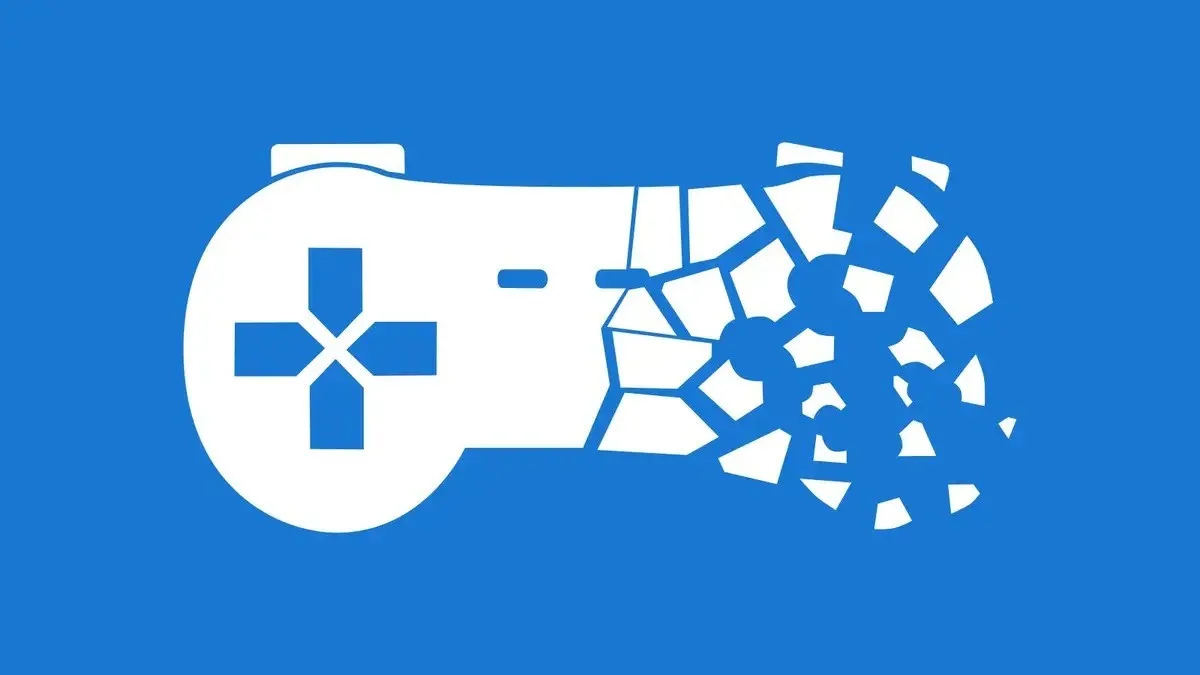
Ain’t no stopping for Stop Killing Games initiative now
The “Stop Killing Games” campaign has reached a pivotal moment: nearly half of its petition signatures have now been verified by the EU, putting it on track to advance toward the legislative phase. This could… Ain’t no stopping for Stop Killing Games initiative now